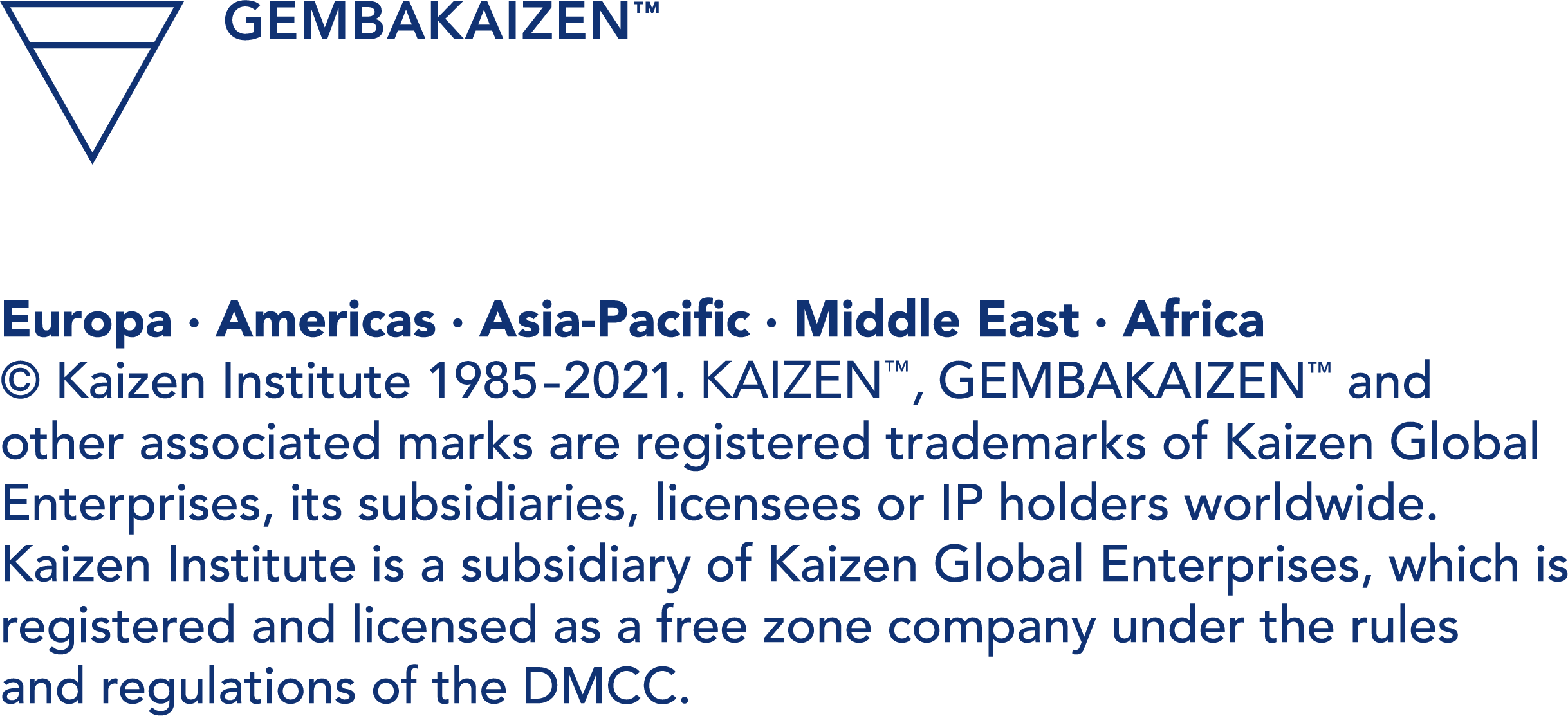Did I say that out loud? Avoiding conversational minefields at the Gemba.
There is not one thing you can do to change the past. You can explain, mitigate damage, apologize, repaint, pay your debt to society, and/or blame your childhood, but you cannot go back and change one thing that actually happened. At least not unless you have some superior hacking skills.
One of the key tenets of Lean is that the most valuable things happen at the Gemba (the place where work happens). The steps in an effective Gemba walk are go see, ask why, show respect. The first step is fairly simple, leave the office and go see what is happening at the workplace. But the second two can be more complex because they involve interaction with people. Think about your life at work. If you are a leader of a workgroup, your primary tool for management is conversation. We get things done through talking with people. I’ve recently done some conversational skills workshops with clients and one of the most common issues that come up during the sessions are those where comments “escape” from someone’s mouth and they leave hard feelings between people or groups. This often leads to a “Why did I let that happen?” moment and can fall short of the third step in our Gemba walk, show respect.
Action errors vs Conversation mishaps
We all make action errors such as leaving hotel rooms without your key, or backing the car into the garage door, but I'm directing this message at the things that come out of our mouths. The damage that you can do to your work relationships through less than skillful conversation has the capacity to be costly to your company's bottom line, work schedules and relationships.
Here's the point.
The only way of avoiding getting blown up in a conversation minefield is to take control of what you're communicating during the discussion. It's an immediate here and now process, and although not every conversation you have is critical, as a leader more of them are important than they might be in normal day to day life. Your conversations impact your company's engagement and retention rates, your department's productivity and your career path. The good news is that if you aren't a naturally gifted communicator, these conversation skills can be learned and improved.
The secret to avoiding conversation blow-up is to stop talking and listen. Then you need to ask questions and possibly re-craft gut reactions.
I don't mean the kind of "I'll shut-up now" where you're planning the next thing you're going to say. Or the type of pause where you are thinking about what a cognitive deficient the other person must be because they're not getting it. I mean the kind of listening where you are trying to fully understand what the other person is saying.
Genuinely listen to what the other person is saying. Then determine:
- Do you understand what data, experiences or values the person is basing their conclusions on? If you can't say yes, you need to ask questions until you can. For added bonus points, tell the person why you're asking the question. For example, you might ask, "Can you tell me what experience you've had with this in the past? The reason I'm asking is I need some help understanding why it's better to do it this way." Telling someone why you're asking a question helps to build trust, it takes away the "Why is he asking me this?" suspicion.
- Do you and the other person share a common definition of all the terms in the conversation? Suppose the other person is makes a statement like "If things don't change around here we can't possibly be successful." Do you have a shared understanding of what the words things, change, we and successful mean? If you don't then you need to ask questions until you do. So you might ask "You mentioned things need to change. Can you help me get a handle on specifically what things? Also, can you tell me more about what change looks like? The reason I'm asking is that I'd like to help get this done."
- Do you have a gut wrenching reaction to what the other person is saying? This often is what causes "conversation blow-up." When strong emotion comes into a conversation we often choose between blasting the other person with a string of negative feedback, or bottling the feelings up completely and leaving valuable information unsaid. Peter Senge, in his book The Fifth Discipline*, called this having a "left hand column." This can exist for security reasons such as you're afraid of getting fired or beat up, or you're concerned you are going to damage the relationship. A left hand column can exist because you aren't sure you're being reasonable and want to shut down the conversation, or for dozens of other reasons. But here's the thing, if you can learn to recraft the strong emotion, choosing to put constructive statements together and bring out what you're thinking and feeling into neutral statements, you avoid blow-ups.
There are many other techniques available to improve the quality of your conversations. But this is an article, not a workshop, so I’ll leave it there. If you have any questions or would like to explore how your organization can improve conversation in the workplace, feel free to give me a call.
Chuck Cherry is HR Director and Lead HR Consultant with Kaizen Institute Canada based out of Calgary, Alberta. His passion is leadership, and he conducts workshops on conversation skills and other leadership issues. You can reach him through ca.kaizen.com.
*Some of the ideas in this article are adapted from the book “The Fifth Discipline: The Art and Practice of the Learning Organization” by Peter Senge











